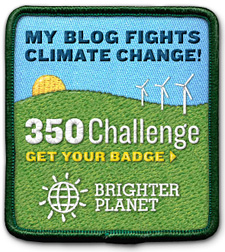 |
| Fishermen only keep the shark fins |
"We need to defend our oceans because without them, life on Earth wouldn't exist"
I highly recommend you watch the video below entitled "Drop into the Ocean", posted by Greenpeace. It covers most environmental issues our oceans face today and raises the alarm: Change is needed, and this video will show you how urgent it is!
Everyone can do its part for the environment. I've chosen to create this blog in order to raise awareness. If you want to take action, here are three ways:
- Begin by sharing this video around to your friends, colleagues and family.
- You can also sign a petition requesting the creation of the World's largest maritime reserve in the Coral Sea.
- Or go to the Greenpeace site and sign their petition as well.
Photo: Jeffrey L. Rotman/Corbis













